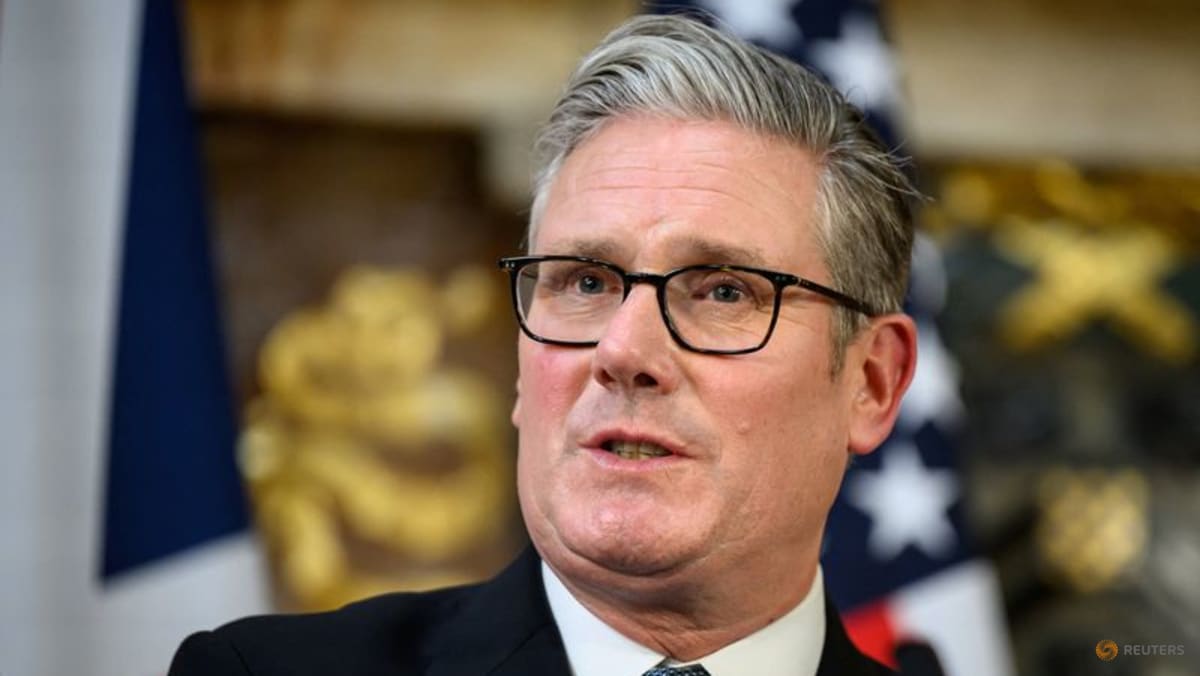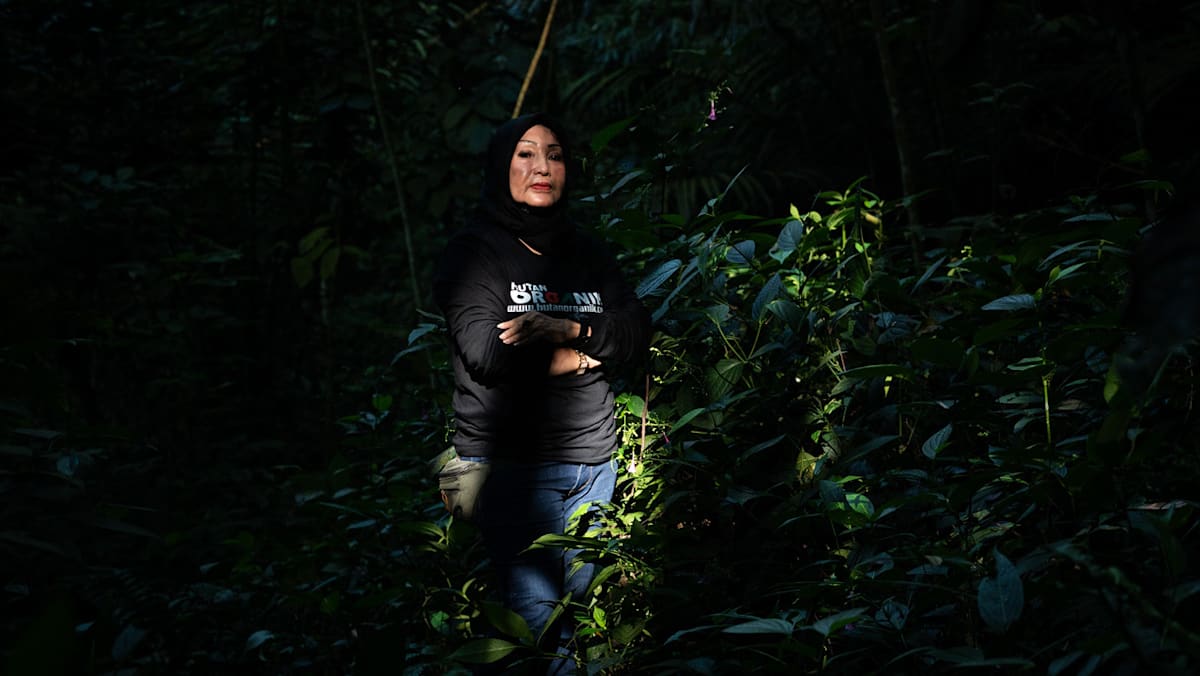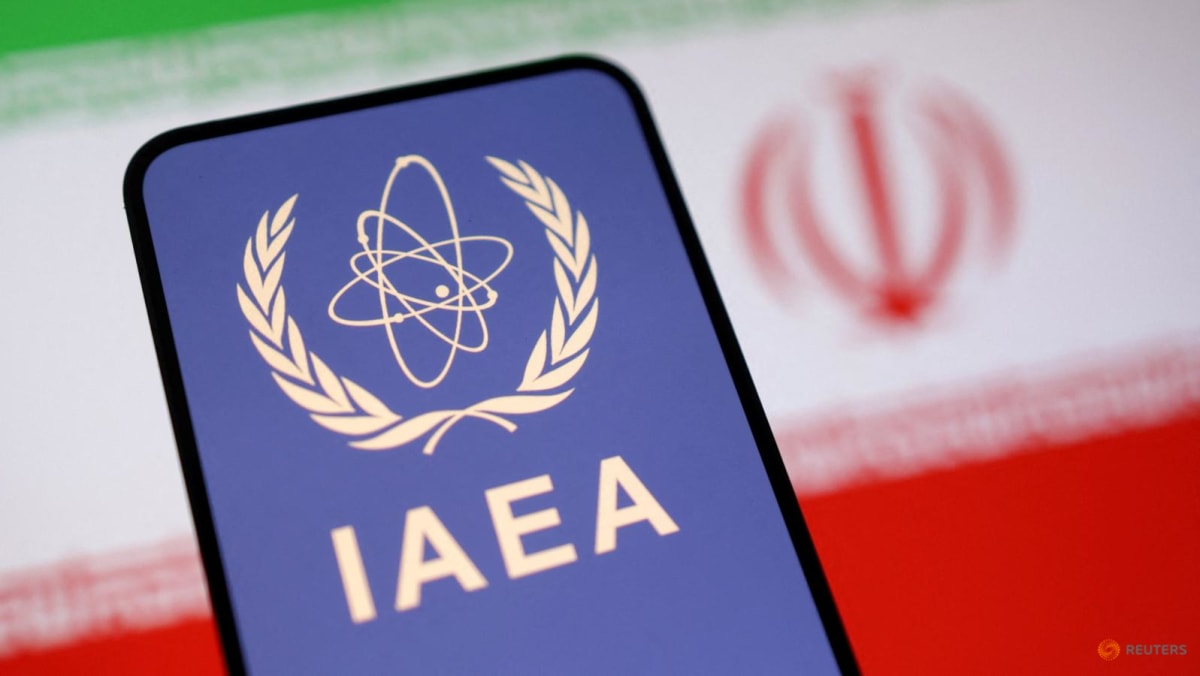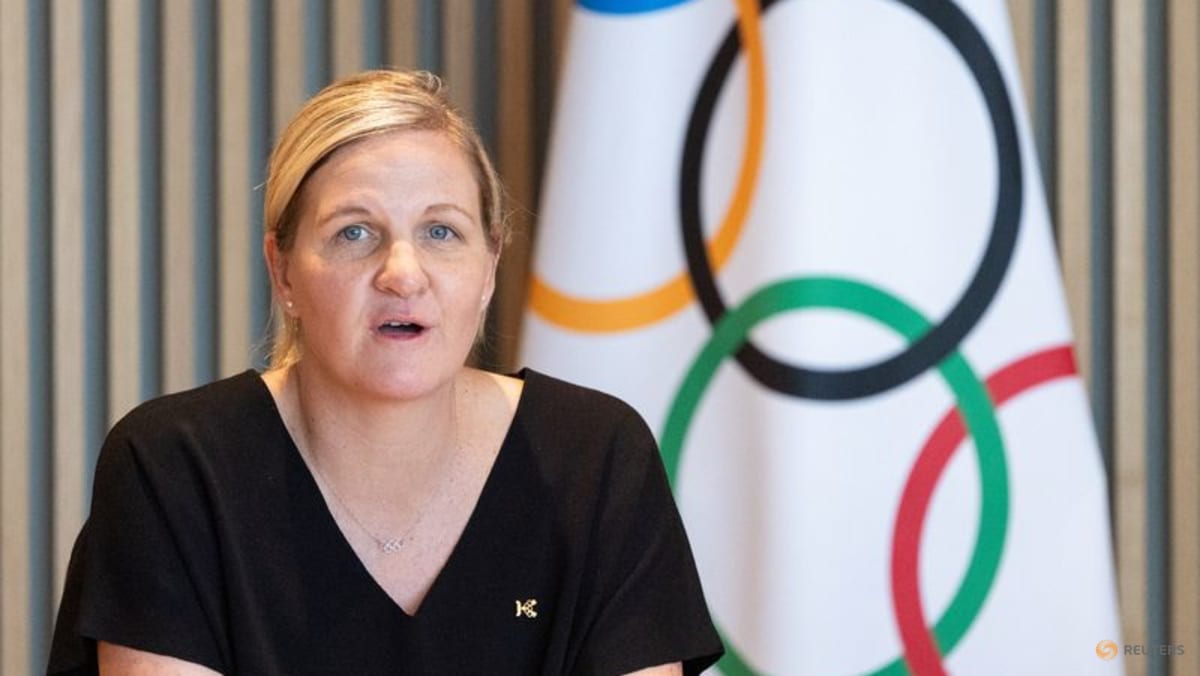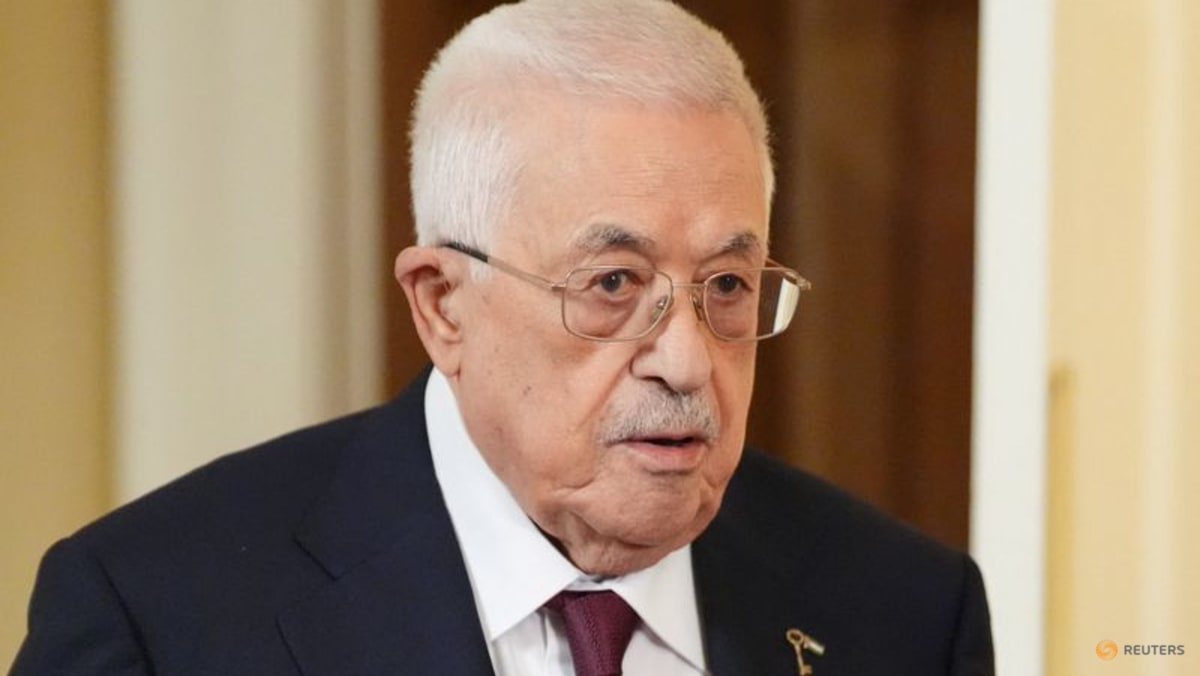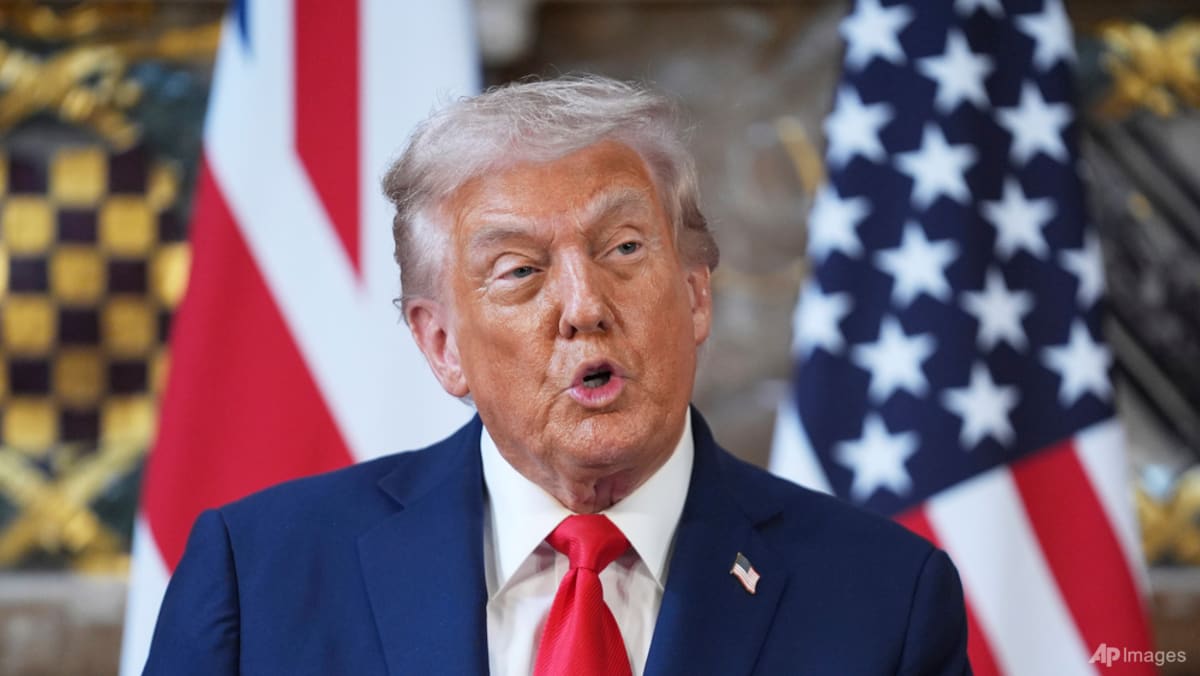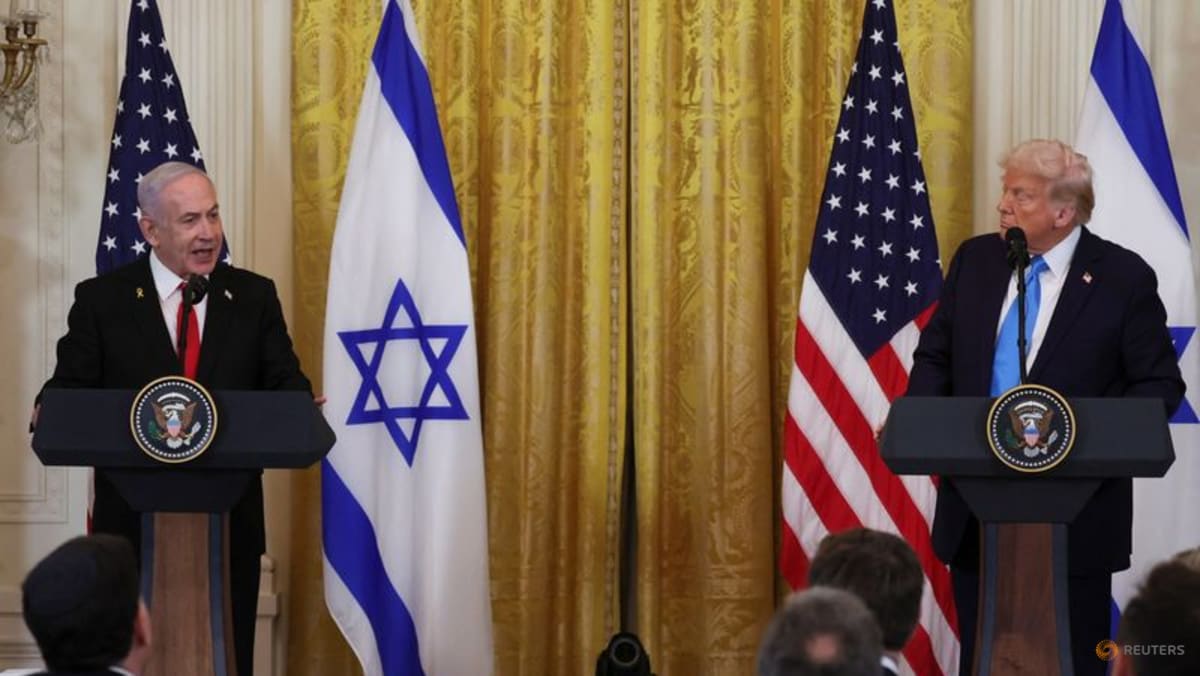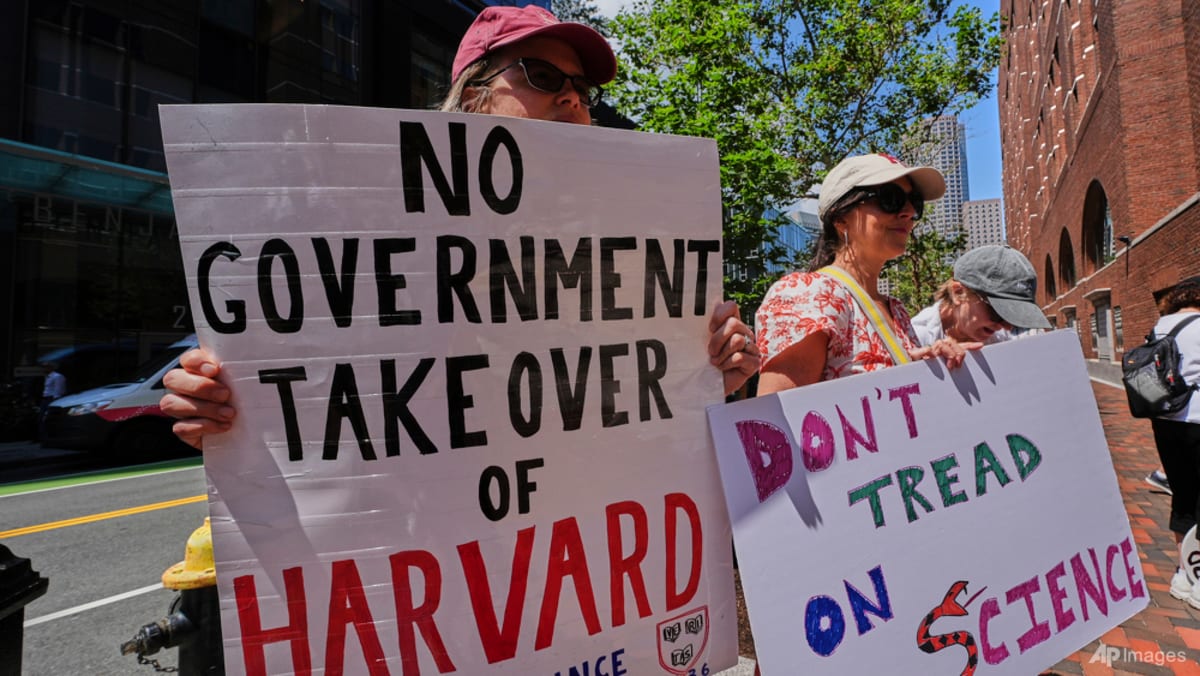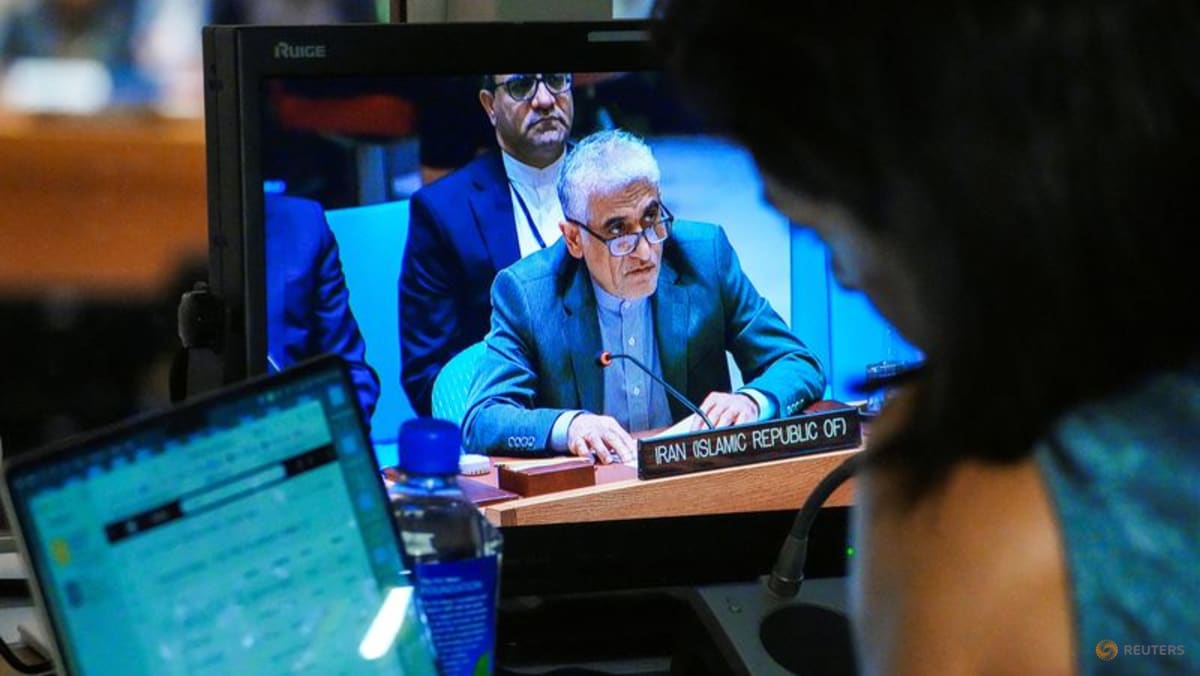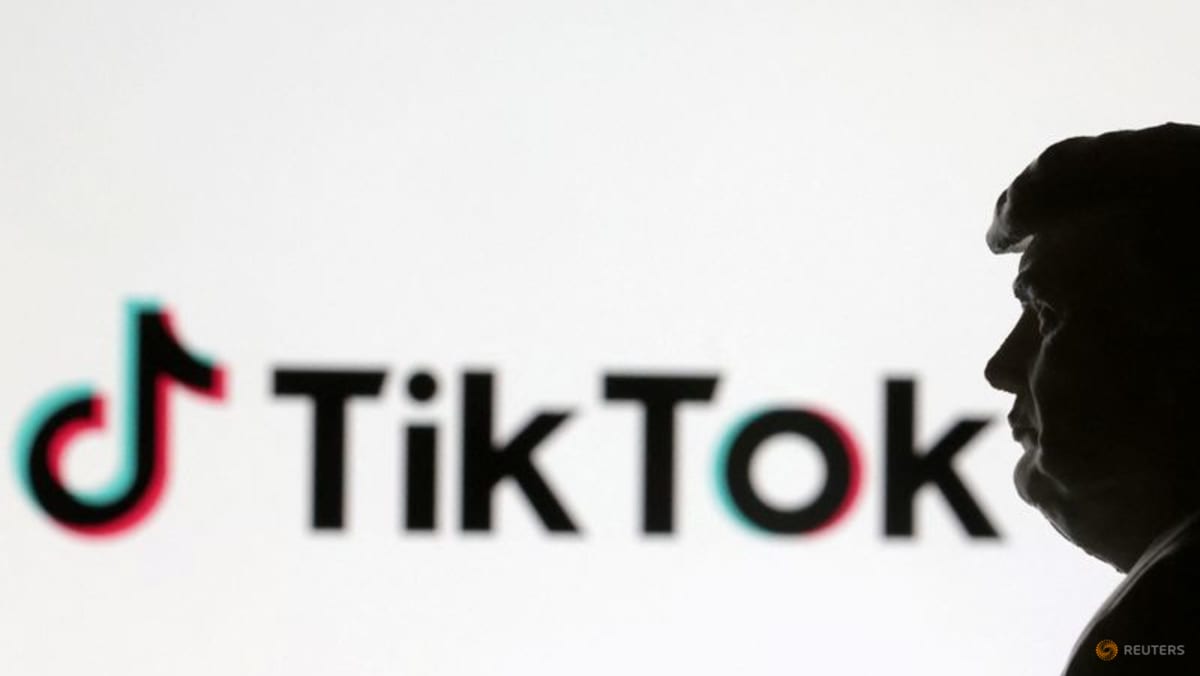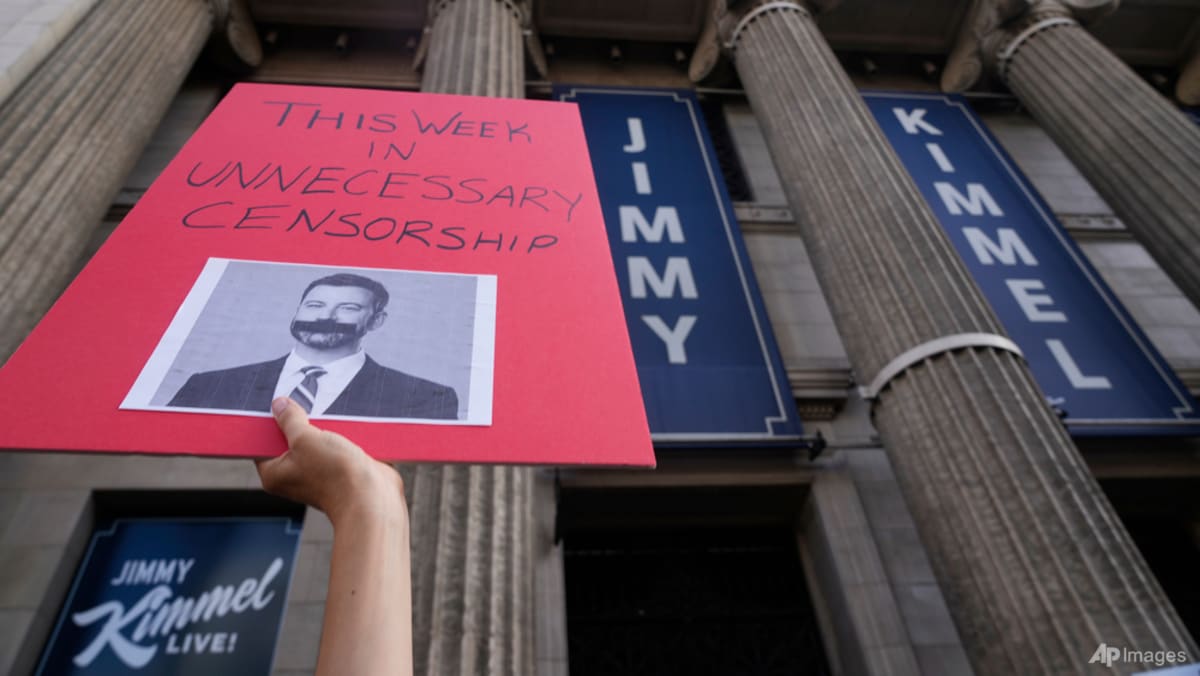Earlier this week, Pezeshkian decried Grossi’s “destructive” conduct, while France, Germany and Britain have condemned unspecified “threats” against the IAEA chief.
Iran’s ultra-conservative Kayhan newspaper has recently claimed that documents showed Grossi was an Israeli spy and should be executed.
Iran has said Grossi’s request to visit the bombarded sites signalled “malign intent”, but insisted there were no threats against him or against inspectors from his agency.
On Monday, Iranian foreign ministry spokesman Esmaeil Baqaei said the parliament’s vote to halt cooperation with the IAEA reflected the “concern and anger of the Iranian public opinion”.
The 12-day war began when Israel launched a major bombing campaign on Iran and killed top military commanders and nuclear scientists, with Tehran responding with waves of missiles and drones launched at Israel.
On Jun 22, Israel’s ally, the United States, launched unprecedented strikes of its own on Iranian nuclear facilities at Fordo, Isfahan and Natanz.
More than 900 people were killed in Iran, according to the judiciary.
Iran’s retaliatory attacks killed 28 people in Israel, according to authorities.
US President Donald Trump said the US attacks had “obliterated” Iran’s nuclear programme, though the extent of the damage was not clear.
Iranian Foreign Minister Abbas Araghchi has admitted “serious” damage to nuclear sites.
But in a recent interview with CBS Evening News, he said: “One cannot obliterate the technology and science … through bombings.”
Israel and some Western countries say Iran has sought nuclear weapons – an ambition Tehran has consistently denied.
